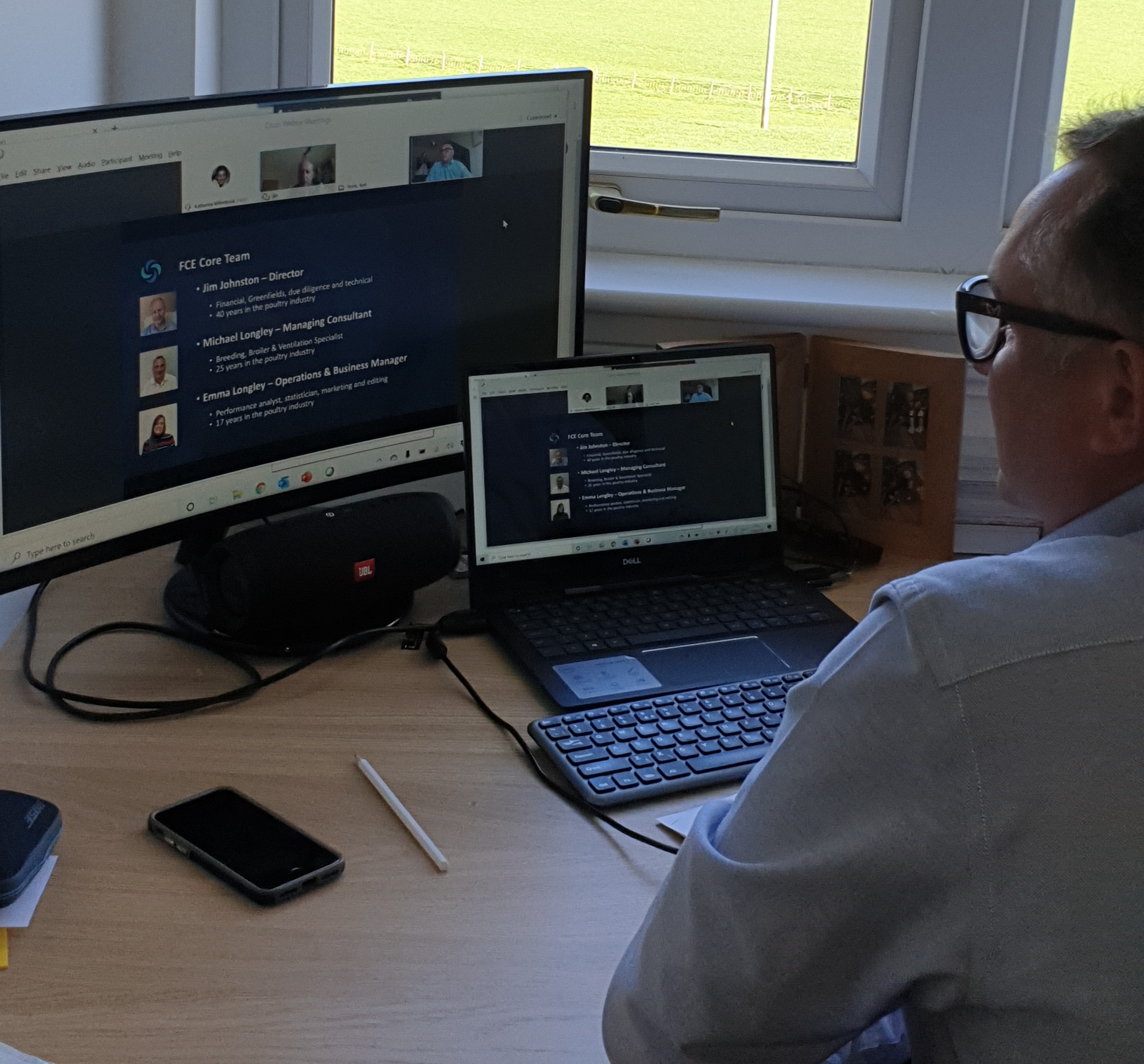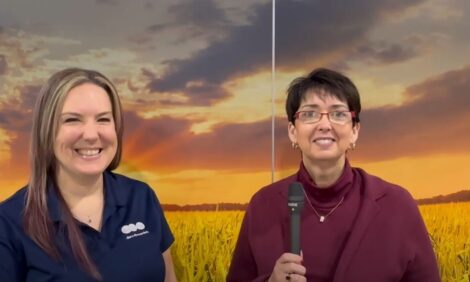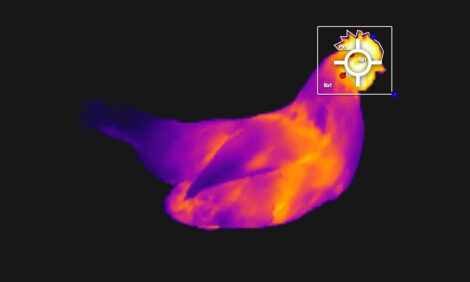



How to provide technical support to the poultry industry during a lockdown
Experts at Food Chain Enterprises speak to The Poultry Site on issues related to providing techincial support to poultry producers during a lockdown.What kind of technical support do poultry operations typically require in a non-pandemic scenario?
Normally poultry producers would be looking for support to improve production or resolve production issues. The way this would normally be done is through in-house technical visits to see the birds and facilities on the ground. Reviewing performance data (which can be done remotely), environment, feed and equipment. Training may also be a part of this.
What new concerns do poultry producers have as a result of COVID-19?
There are a number of concerns poultry producers may have this time: for those rearing broilers and breeders the main concern will be availability of staff and maintaining staff welfare. For smaller family run farms this is not so much of an issue. Where there are staffing issues this could impact on bird welfare and productivity.
But there are other concerns unrelated to the ‘technical/management’ side of things.
A fairly immediate impact of COVID-19 has been the closure of the food service industry. This has had a huge impact on those businesses that supply this area with some countries seeing a drop in sales of up to 50%, in the first quarter of 2020 compared to 2019. And for those poultry businesses who solely supply the food service industry there has been vast losses in income and huge difficulties in re-directing produce to other sectors. So one of the immediate concerns of a number of producers has been how to re-distribute product to other markets and the subsequent effect this may have on birds numbers/product mix.
For some producers this has meant a reduction in bird placements, utilisation of HE is reduced, reductions in parent stock placements and possibly earlier flock depletion ages. Numbers of eggs set in the hatchery for broiler placements have also needed consideration and have been reduced. So for some producers it has meant a need to reduce production and significantly re-plan.
Then there is the concern of how to re-start once this over, and the uncertainty of what the industry will be like in the future. It seems likely that there will have to be renewed focus on how the industry can more effectively manage their supply chains. There may also be a renewed focus on automation to create more efficiencies and better management of staff movement. This will cover farms to processing and will be particularly important in developing countries where staff have had to be accommodated on farm, in hatchery, feed mills, etc. as they cannot travel to and from their residence daily.

How are poultry producers responding to the pandemic?
As with many farmers on a day to day basis nothing much has changed for poultry producers the birds still need to be looked after and people still need to be fed. Where staffing has been an issue then life has become more difficult.
Many producers have had to make changes to their business plan to cope with changes in demand. So this might mean a longer turnaround period, reduction/changes in bird placements, changing the product produced to fit with current demand (e.g., to fit in with retail or wholesale instead of food service).
However, many producers have also seen the opportunities in this period. Some have benefitted simply from having more time on farm (due to not being allowed to have holidays/or to go anywhere) to do those day to day jobs that often get pushed to one side, such as tidying out and maintenance. Others have seen it as an opportunity to re-asses their business and how it can be made to work better, be more efficient and become more resilient.
What technical support has the COVID-19 pandemic made challenging to provide to poultry producers?
Anything that involves face to face discussions, so farm visits, training, new project management and development
How can the challenges posed by COVID-19 to producers be overcome?
From the view point of providing technical support the internet has been key and will become key going forwards. The move in this direction has been ongoing for a while but within agriculture has tended to be slow in developing. It is likely that the rate of this change will (have to) increase in the future. For the immediate the internet is key for meetings, review of data, provision of online consultancy and training. Producers must embrace technology and be flexible and adaptable. While not a substitute for direct contact and seeing birds in a shed, technology does have a role to play and, in the future, based on current experiences is only going to be utilised more. It seems likely that this trend will increase the awareness of technology and that remote access to performance and environmental data will become increasingly important when providing technical/management advice.
It will also be interesting to see if, in the aftermath of COVID-19, the type of ‘technical’ advice producers are looking for changes. Maybe more will be asking for advice about how to adapt/modify their business to the changes in the industry as a result of Covid-19.









